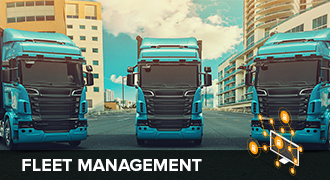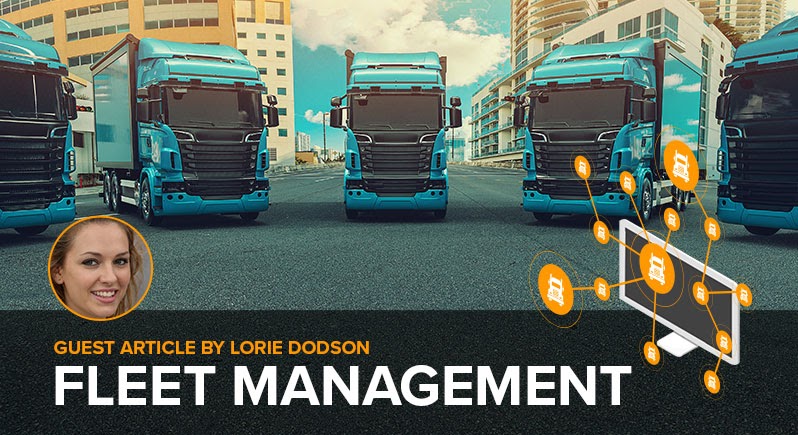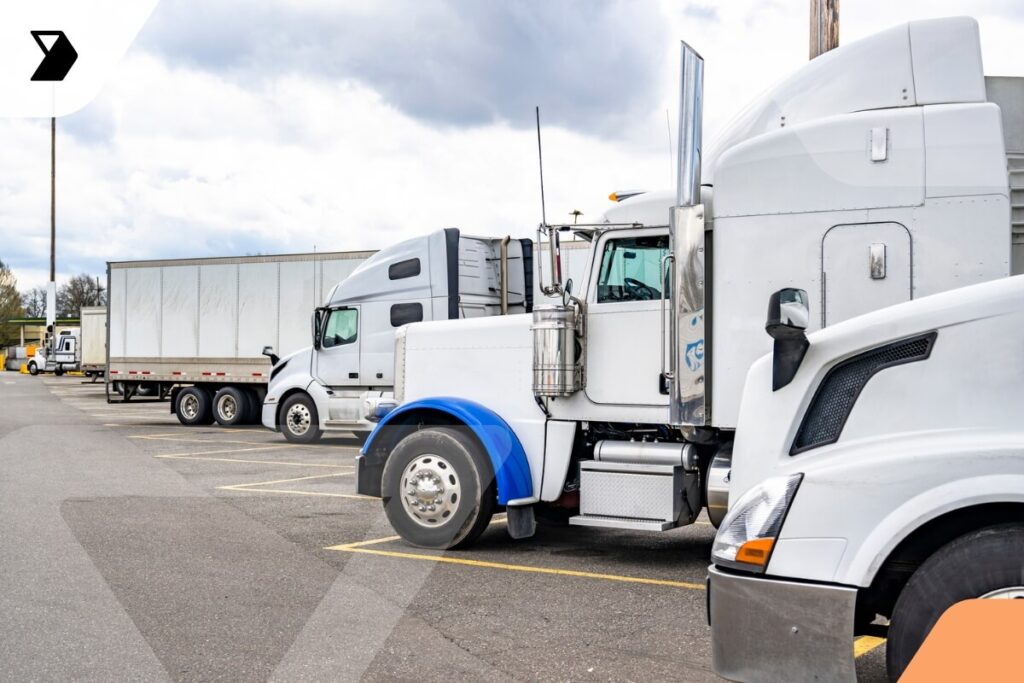10 Essential Steps to Start a Trucking Business
According to the American Trucking Associations, there’s been a shortage of truck drivers for the last 15 years. This ongoing driver shortage makes the trucking sector a potentially lucrative one.
Ready to transform your supply chain?

To achieve success, you’d need to know the industry, have a good grasp of logistics, and have the skills necessary to build and run a business. You’d also need to have capital available to get moving.

Where To Start?
To seize this opportunity and build a successful trucking business, there are several steps you can follow. While these are not set in stone, they provide a guideline that can take you from 0 to 100 miles an hour.
Identify Your Strengths And Weaknesses
You need to critically evaluate your skill set and what you’re potentially lacking. In most cases, you’ll have trucking experience to help you plan your new business, but you may not know the first thing about running a business or being the boss.
If you’re a former truck driver, you’ll know about trucks and trailers, and how to maintain them. And you’ll have industry knowledge to help you build a more competitive business. This will be one of your biggest strengths. First-hand experience will help you in your role as boss and business owner, too.
If you haven’t worked as a driver, you can enlist the services of one to share their know-how and experience, or you can chat to other industry professionals to broaden your knowledge. Alternatively, if there are short courses you can take to get you up to speed, they are a good starting point.
Choose Your Business
The trucking industry is made up of owner-operators and hire drivers. Owner-operator businesses can be created from nothing. As an independent driver, you’ve already got the skills needed to start your business. With additional financing, you’d be able to become an independent owner-operator business.
If you decide to hire drivers, you’ll need to ensure that you have the funding available to do so. You’ll need to decide if you want to drive to, or if you’ll take on more of a management role.
Regardless of the route you take, you’ll need to have capital, management skills, and be familiar with the legal obligations and liabilities. You need to understand truck maintenance, the costs involved, and the operational costs of running the business.
Draw Up A Business Plan
You need to know exactly what your trucking business will offer, who your target customers would be, and how you’d go from inception to operation.
What are you looking to achieve and within what timeline? How will you go about setting your business up, ensuring that you can fund operations, and repay loans should you have any? Taking advantage of a solid business plan template can help you in get funding and provide a road map for the future of your company.
Obtain The Correct Licenses And Permits
To break into a heavily regulated industry, you need to be aware of, and understand the documents and licenses needed to operate. This can include a commercial driver’s license, USDOT number, and Motor Carrier number. Your vehicles will need electrical logging devices to record driving data. All of this will need to be in place before any of your drivers leave the yard.
Buy Insurance
Insurance is a necessity and needs to be one of the first things on your to-do list. It’s a small expense that will ensure you’re covered for bigger ones should the need arise. You’ll need cargo and liability before you will be able to receive an operating authority. Most vehicle financing companies will request proof of insurance before settling a finance deal.
You need to keep your business going, even when one of your trucks is down. Your schedule cannot afford to be affected, and more so; your business cannot always afford to pay for these expenses out of pocket.
There are many insurance options available, each providing varying levels of coverage. Regardless of what plan you opt for, ensure that it covers any and all damage. A damaged truck means a loss in income, in addition to the repair expenses.
Insurance can help you cover the repairs and, in some cases, cover the costs of a replacement vehicle. Liability insurance is suggested as it covers damage to any other vehicles, people or property.
Obtain Vehicle Finance
Your business relies on equipment to function, and this requires funding. From office supplies to trucks and trailers, and everything in between, you’ll need to have the available funds to get going.
You can choose between leasing or financing your own fleet. But either way, you’ll need to get truck financing, and to find the right partner to assist you in doing so. Plus, you’ll need to account for maintenance costs and employee benefit costs, so additional loans may be required.
Build Your Fleet
Your business needs trucks to operate, and the bigger your fleet, the greater your profit potential. As soon as your funding has been secured, you’ll need to find a fleet that meets your budget.
To do so, you must consider what you’ll be transporting, and the distances you’ll be travelling.
Extend Your Reach With Industry Associations
Joining organizations such as the American Trucking Associations will assist you in your operations and maximize your business potential.
By being part of industry associations, you’ll stay up to date with the latest regulations, conferences, and educational seminars. Specialized associations are available based on what your business model is.
Hire Employees
Now that you’ve got the finances and a fleet, you need the right team to drive your business forward. To properly operate, you need to be able to share the workload with people that have the relevant skills.
From admin work to legal compliance, warehouse management and, of course, driving, you need the right team backing you.
Secure Customers
Your final step on the road to success is finding customers to make use of your services and start generating an income.
You should’ve had a few customers in mind when developing your business plan, and you can begin by approaching them. From there, you can advertise your services in relevant publications, online and on any other platform that will reach your intended audience.
A Never-Ending Journey
As you take on the trucking industry, it’s important to remember that building a successful trucking business doesn’t happen overnight. It takes blood, sweat, and tears to get it off the ground, and even then, the hard work doesn’t stop, but it pays off.
Continue reading
Ready to transform your supply chain?
Increase efficiency and productivity. Say goodbye to delays, handwriting errors, and time-intensive manual data entry.



